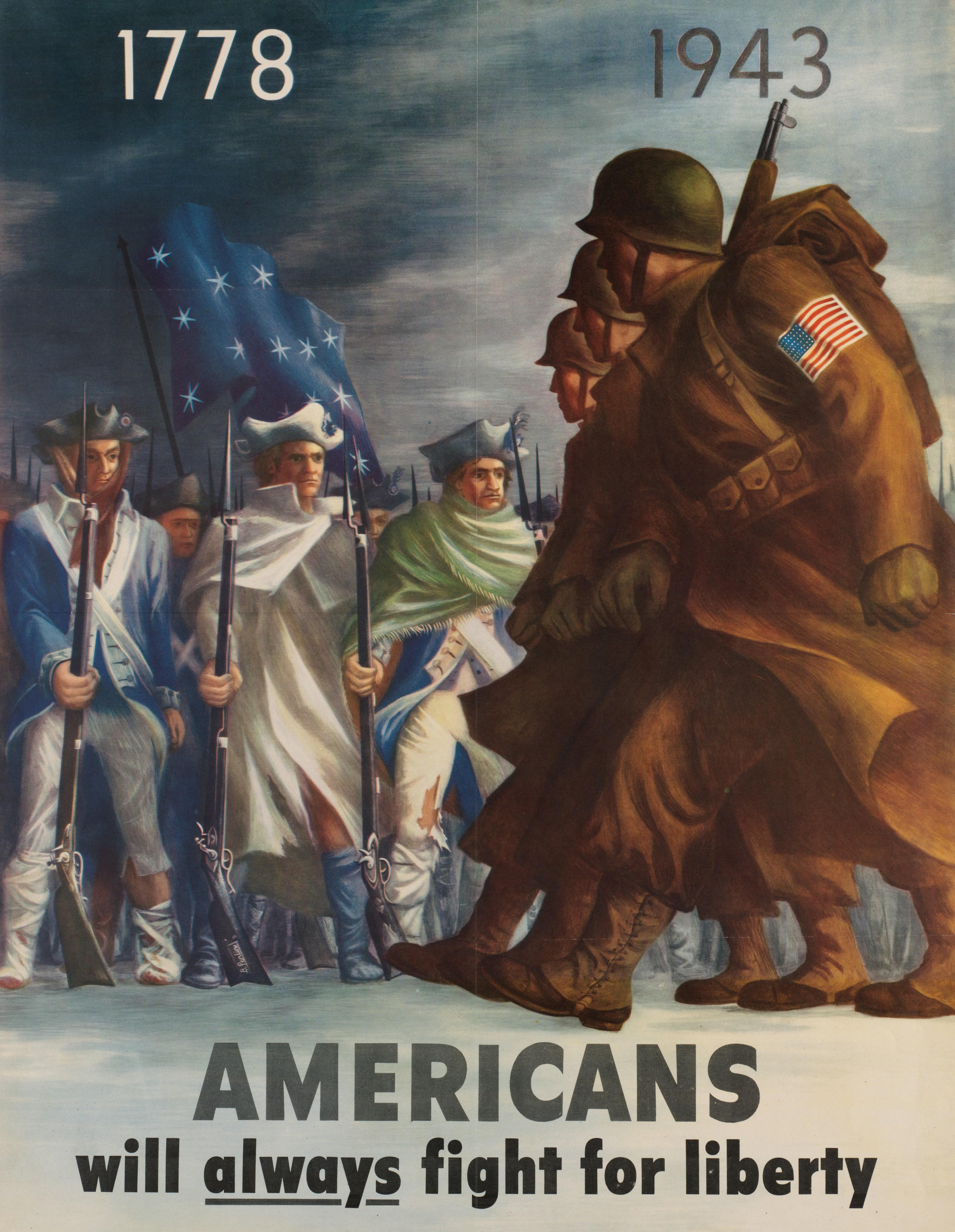In the vast landscape of television over the past decade, numerous shows have captivated audiences and critics alike, each vying for a place in the cultural zeitgeist. Amidst the clamor of critical acclaim and popular success, some series have flown under the radar, garnering a devoted yet relatively small following. One such show is “The Americans,” a Cold War-era drama that aired on FX from 2013 to 2018. Despite its compelling narrative, intricate character development, and historical intrigue, “The Americans” has often been overshadowed by its more celebrated contemporaries. This article seeks to explore whether “The Americans” truly deserves the title of the most underrated show of the past decade. By examining its thematic depth, narrative complexity, and cultural impact, we aim to assess the factors that contributed to its status and evaluate its legacy in the ever-evolving realm of television storytelling.
Critical Acclaim Versus Popular Recognition
The divergence between critical acclaim and popular recognition is a fascinating dynamic in the realm of television, and ”The Americans” epitomizes this gap. Lauded by critics for its intricate storytelling and profound character development, the show has consistently been a darling of the critics’ circle. Its nuanced exploration of identity, loyalty, and morality, set against the backdrop of Cold War espionage, received accolades for its bold narrative choices and stellar performances, particularly by Keri Russell and Matthew Rhys.
However, despite this critical success, “The Americans” never quite achieved the widespread viewership or cultural footprint enjoyed by other contemporaneous series. Factors contributing to this disparity may include:
- The show’s complex narrative, which demands a level of attention and engagement that casual viewers might shy away from.
- Its placement on FX, a network known for quality programming but lacking the massive marketing machinery of streaming giants.
- A slow-burn storytelling approach that might not cater to the instant gratification desired by mainstream audiences.
This juxtaposition raises intriguing questions about what truly defines a show’s success and how we measure its impact beyond Nielsen ratings and social media buzz.

Narrative Complexity and Character Development
The intricate narrative complexity of “The Americans” is a testament to its ability to weave multiple storylines without losing sight of its core themes. The show deftly balances the intense espionage drama with personal and familial conflicts, creating a tapestry that is both compelling and thought-provoking. Each episode is meticulously crafted, revealing layers of deception and loyalty that keep the audience guessing. The writers expertly utilize a slow-burn storytelling approach, allowing the tension to build gradually and ensuring that every twist feels both surprising and inevitable.
Character development in ”The Americans” is equally profound, offering a deep dive into the psyches of its protagonists, Philip and Elizabeth Jennings. Key aspects of their character arcs include:
- Dual Lives: The constant tension between their roles as KGB spies and American parents adds a unique depth to their characters.
- Moral Ambiguity: The show explores their internal conflicts and moral dilemmas, blurring the lines between right and wrong.
- Evolution and Growth: Over the course of the series, both characters undergo significant personal transformations, shaped by their experiences and relationships.
By intertwining these elements, “The Americans” crafts a narrative that is not only engaging but also rich in emotional and psychological complexity, earning it a rightful place among the most intricately plotted shows of the past decade.

Cultural Impact and Historical Context
The Americans, set against the backdrop of the Cold War era, offers a meticulous portrayal of the tension between personal identity and national duty. Its exploration of the 1980s—an era marked by political espionage, cultural shifts, and a pervasive sense of paranoia—allows it to delve deep into the psychological ramifications of living a double life. The series captures the zeitgeist of the time by weaving real historical events into its narrative, such as the Reagan administration’s policies and the shifting geopolitical landscape. This not only enriches the storytelling but also provides a nuanced commentary on the complexities of patriotism and morality.
Despite its critical acclaim, the show remains underappreciated in the mainstream, often overshadowed by flashier contemporaries. The cultural impact of The Americans lies in its ability to provoke thought and conversation around timeless themes, such as trust and deception, both in personal relationships and on a global scale. Its understated yet powerful storytelling has fostered a dedicated fanbase and prompted discussions about the accuracy and representation of historical events, including:
- The intricate dynamics of US-Soviet relations during the Cold War.
- The portrayal of espionage and its impact on family life.
- The ethical dilemmas faced by individuals caught between conflicting loyalties.
In its subtlety and depth, The Americans has carved a unique niche, reflecting not only a specific historical period but also timeless human struggles.

Viewer Engagement and Series Longevity
When examining the intricate dance between viewer engagement and series longevity, “The Americans” offers a compelling case study. Despite critical acclaim, the show often struggled to maintain high viewership numbers, a factor that typically threatens the lifespan of television series. However, the series managed to secure six seasons, attributed largely to its dedicated fanbase and the steady stream of accolades that bolstered its reputation. The show’s ability to maintain narrative depth and character development kept its core audience engaged, fostering a loyal following that remained invested in the storylines of Elizabeth and Philip Jennings.
- Critical Acclaim: Consistently praised for its writing, acting, and historical authenticity.
- Awards Recognition: Multiple Emmy wins and nominations bolstered its prestige.
- Cult Following: Developed a passionate fanbase despite moderate viewership ratings.
- Streaming Platforms: Post-broadcast availability on streaming services helped attract new viewers.
Such dynamics illustrate how a show’s quality can sometimes supersede traditional metrics of success, like viewership ratings. While “The Americans” may not have achieved the same level of mainstream popularity as some of its contemporaries, its ability to sustain a devoted audience and achieve critical success speaks volumes about its potential status as an underrated gem of the past decade.
